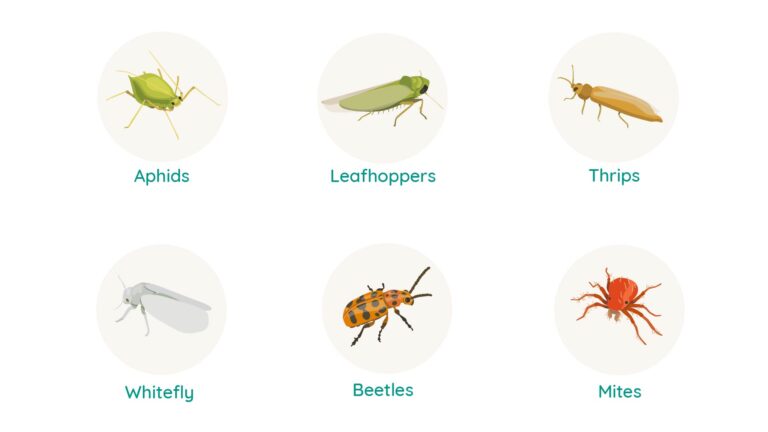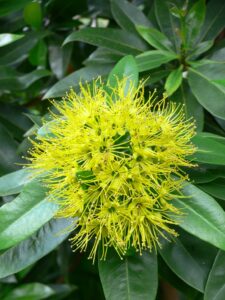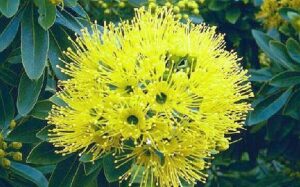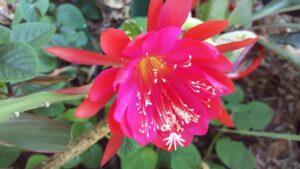To find something that will help us overcome pests in our gardens AND not do damage either to ourselves or the environment is a challenging juggle. What has to be remembered that even though something is ‘organic’, caution still has to be exercised when using, for example:
- Always read the directions and most definitely only use at the recommended usage rates.
- Basic procedures apply, like always making sure that all products are given a good ‘shake up’ before use.
- Being mindful of weather conditions – there is not much point in wasting time and energy (not to mention the ‘stuff’ we are applying) if there is rain threatening, or there is a gale blowing or scorching temperatures that would make a decent candle droop!
- Always wear protective clothing to avoid contact with skin.
What has to be considered is sometimes virulent outbreaks of pests can be a symptom of perhaps a broader problem. It might be a really good idea to look at the nutritional needs of the plant and there may even be as simple a solution as increasing watering. One very important element, for vegetable gardens is good crop rotation.
- Soap sprays can be very effective on aphids, fungus gnats, mealy bug, mites, scale, thrips, whitefly and other sap-sucking pests. Some common organic applications are Natrasoap (AgroBest), BugGuard (Multicrop) and Nature’s Way insect & Mite Killer Natrasoap (yates) and they work by breaking down the waxy exoskeleton and causing dehydration.
- Horticultural oil sprays – these are made from vegetable oils, light mineral oils and essential oils and some include: PestOil (Yates) and eco-oil (Organic Crop Protectants) and Ecofend Natural Solutions Fruit & Garden (Searles). These products smother the pests and have a repellent action against citrus leaf miner.
- Neem oil may be diluted in water and sprayed onto plants. The organic chemicals present in Neem oil act as a repellant against sap sucking pests, thus assisting in controlling the spread of many types of fungus that infect plants that are carried by pests.
- Herbal Oils – by creating a cocktail of equal parts of thyme, peppermint, clove and rosemary oils mixed with water, shaken and applied to infested plants. This concoction will kill most garden insect pests as well as their eggs and larvae.
- If you wish not to use anything but want to lure aphids away from your more precious plants you can always grow sacrificial plants to attract them away – some of aphids’ favourite meals are asters, cosmos, dahlias and zinnias. This has an added bonus of giving the birds and predator insects a chance to devour them.
- If you notice Mealy bugs on your house plants the best method is to dab the affected area with cotton buds soaked with methylated spirits.





